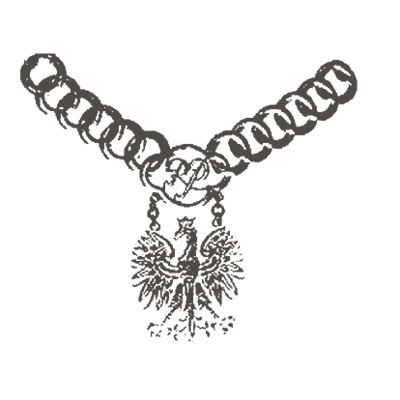Integrated development plan
The July 2023 amendment to Poland’s Spatial Planning and Development Act introduced a special form of local zoning plan—the integrated development plan. It grants communes and investors more freedom to locate development projects, regardless of the findings of the existing local zoning plan. Ultimately, integrated development plans will replace the resolutions on siting of housing developments issued under the housing special act (such resolutions can be issued until the end of 2025). But an integrated development plan can be enacted for any type of project, not just residential projects.

The urban register and instruments of public participation
The recent overhaul of the Planning and Spatial Development Act tidied up and streamlined the planning procedure. In addition to revolutionary changes, such as replacement of the zoning study with the master plan and commune development strategy, as well as introduction of integrated development plans as a special type of local zoning plan prepared at the initiative of private investors, a nationwide urban planning register was introduced, and the catalogue of tools for public participation in land use and development issues was expanded.

How to determine land development conditions
The amendment to the Spatial Planning and Development Act will change a lot when it comes to determining land development conditions in Poland. Therefore, especially in areas where no local zoning plan exists, investors planning a construction project should apply for a land development decision as soon as possible.

Is this the end of the revitalisation pre-emptive right in Warsaw?
There are many indications that as of 16 March 2024, the City of Warsaw will no longer be vested with a pre-emptive right to purchase real estate in the degraded area and revitalisation area of the city designated by Resolution LX/1967/2022 of 17 February 2022.

The Gamedev CEO simulator
What legal traps can a developer fall into when creating a game? Find out by playing the role of Creative, Manager, Accountant or Consultant in the Gamedev CEO simulator game created by the Gaming practice at Wardyński & Partners.

Legal Hackathon 2024 is coming soon
This year’s three-day programming marathon will be held under the theme “AI to spur legal innovation.” Participants will look for innovative solutions to help revolutionise lawyers’ work, client relations, and access to justice. Our In Principle portal is a media partner of the event.

The gig economy: Digital platform workers vs. personal data
In recent years, the gig economy, based on a model of flexible employment using online platforms, has grown rapidly. In the EU, it is estimated that 43 million people will be employed through such platforms in 2025. A heated discussion is underway regarding the new regulations in this sector, in particular regarding the employment model for such workers, but also about making automated decisions regarding them using various types of algorithms. What should the organisers of job platforms keep in mind in light of the GDPR? We discuss this using the example of decisions on food delivery platforms issued by the Italian Data Protection Authority.

Our unwritten constitution
A fundamental problem in any democracy is how to prevent the tyranny of the majority—when a political force gains enough public support and power to enable it to trample on the fundamental rights of its opponents (and ultimately its own supporters).

Tales from the National Appeal Chamber: Invalidation of defective procurement procedures
Contrary to popular belief, contracting authorities do not have unlimited possibilities to invalidate procedures for award of public contracts. Once a procedure is launched, they can invalidate it only in selected situations. And if a contractor challenges the grounds for invalidation of the procedure by the contracting authority, the contracting authority will have to demonstrate the existence of such grounds and defend its position before the National Appeal Chamber.

Amendment to the Trading in Financial Instruments Act: What has changed for the corporate agent of an investment company?
New obligations to provide information to the financial regulator, mandatory internal control systems, and new administrative fines against agents and members of their authorities—the “vegetable patch” introduced quite a few changes.

Neither fountainhead of justice nor good Samaritan
The rulings of the Polish Constitutional Tribunal likening the President’s pardon power to a royal whim are wrong. In former monarchies, the king was deemed the “fountainhead of justice,” and thus could be said to have unbridled licence to interfere in its administration. In a modern state, the President does not play such a role, and in a democracy sources of justice are sought elsewhere. Therefore, the President’s pardon power cannot be understood so anachronistically.

The Polish North and South
During the American Civil War, the leaders of the Confederacy rejected the US Constitution and the legitimate authority of the United States, and for four years exercised their own dominion over the South. When the rebellion was finally put down, US courts had to recognise that under the US Constitution and the Union’s understanding of it, the rebellion was illegal and the rebel leaders had no legal basis for participating in it. Using the terminology fashionable in Poland today, we could call these persons “neo-officials.”
